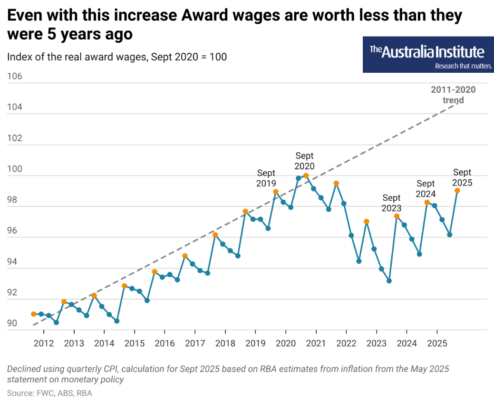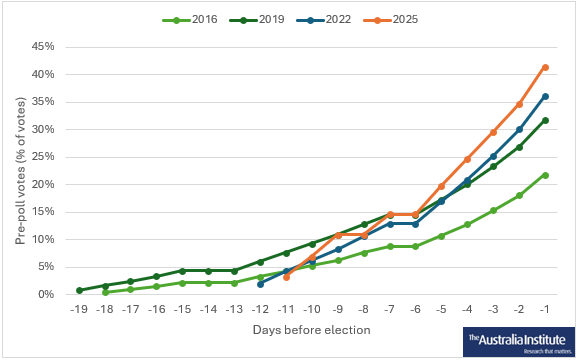So, it’s a bit of mystery why the Liberal Party, in dire need of wooing back women voters in particular, has decided to oppose the changes. It suggests the Liberal Party won’t have much to meaningfully contribute to the serious tax reform debate Treasurer Jim Chalmers foreshadowed in his National Press Club speech.
Australia Institute research shows that twice as many Australians support (52 per cent) the government’s super tax concessions changes as oppose them (26 per cent), with around a quarter still undecided. The polling also found that about one in five of those surveyed thought it would impact their retirement plans when in reality, only one in 200 will be affected.
Perhaps people overestimate how much this will impact them because most people don’t think about their super at all until they get close to retirement, but let’s be clear, collecting more revenue from mostly wealthy men is good for both women and young people.
Only the very richest Australians will be affected by Labor’s plans to reduce the generosity of the superannuation tax concessions for people with earnings over $3 million.
Chalmers’ proposed changes will halve the super tax concession, meaning those will super balances over $3 million will go from paying 15 per cent tax to paying 30 per cent tax. It still represents an enormous tax concession for wealthy people, it’s just slightly less generous.


